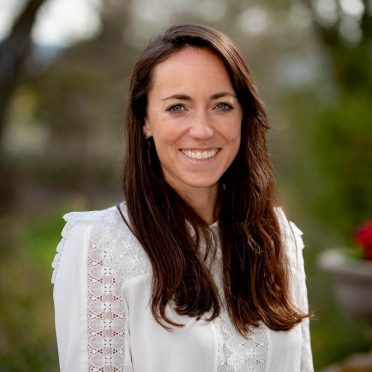John Stone shares the business approach he takes with philanthropic activity and why this leads to impact.
Philanthropy Right Now:
Stimulating intergenerational dialogue
‘Philanthropy Right Now’ is a monthly opinion column for Beacon Collaborative. It features commentary and thought-pieces from experts working in UK philanthropy. In this month’s column, Marie-Louise Gourlay – Managing Director of Europe at The Philanthropy Workshop – implores us to increase dialogue between older and younger philanthropists in order to achieve real change.
It feels, at least from where I sit, that everything comes back to community.
Those groups that hold you, support you, advocate for you. Yet, a community needs room to pulse, to evolve, to tackle conflict. It needs the opportunity to develop new and better ways forward.
A community naturally comprises multiple identities; it’s those differences, combined with common values, that create discussion and the potential for shared progression.
“You need to know the rules to break them.”
We use frameworks and roadmaps within the philanthropy community to provide a path forward. And, as important as they are, those very same frameworks need to be picked apart. They should act as a springboard for people to build on, as well as to deviate from.
After all, you need to know the rules to break them.
As with any status quo, challenges within philanthropy come in many forms. One of those is the generational line: deep chasms are felt between generations on the issues philanthropy should prioritise, and the approaches & tools that can be deployed.
We’re starting to see new, younger generations of wealth stewards focusing on social change as the ultimate goal. These generations also report being the champions of impact investing within their families, coupled with a drive towards aligning their values and principles across their entire portfolio, from traditional grant-making to for-profit investing.
“We’re starting to see new, younger generations of wealth stewards focusing on social change as the ultimate goal.”
The intergenerational wealth transfer which is already underway (estimated at $3trillion), is now throwing a light on the lack of authentic discussion between younger and older philanthropists.
In our society, there are limited spaces where genuine intergenerational discussion can take place without age playing a role in who is listened to and who is ignored.
Families are often subject to generational power dynamics, with greater respect given to the wisdom (real or perceived) of family members whose lives span more decades than our own. In professional environments, we also experience these hierarchies. Unspoken rules that dictate whose ideas may be taken forward, irrespective of credibility or relevance.
In speaking with funders across a spectrum of ages, I see this issue daily. Some feel that younger family members lack the maturity to see the full picture, that they don’t have necessary experience to make decisions.
And whilst cultures differ from East to West, there is a general acceptance that length of time on our planet can be an indicator of wisdom, prompting the older generation to have the final say.
But younger generations provide invaluable guidance to these discussions. From digital skills to professional nous, younger philanthropists have the abilities and desires that are essential to solve many of our current social issues. Their voice needs to be welcomed into the philanthropy community.
But this social change will not happen overnight. Can we really afford to wait for intergenerational dialogue to reach a level where it’s on an equal footing? Where the voices and perspectives of the next generation can sit alongside those of earlier generations, to reach agreement about how to deploy resources for greatest impact?
“Creating intergenerational parity will be a bumpy (and at times difficult) road, but a road with a shared destination.”
We need to ask ourselves whether we can instead focus on what each generation (and each individual) brings to the table – lived experience, practice and knowledge, coupled with new ideas, bold thinking and a shared desire to do good with our resources.
To make this work, we need to approach conversations in a forgiving way. In a way which understands that creating intergenerational parity will be a bumpy (and at times difficult) road, but a road with a shared destination.
The sector should consider moving away from intellectualising discussions and towards open, vulnerable, humble discussions where the voices of different generations can sit side by side, focusing on pooling our perspectives, not dividing our opinions.
We need bold approaches, and fast. These won’t come from continuing to do things in the same way.
Marie-Louise Gourlay is the Managing Director of Europe for The Philanthropy Workshop. Find out more about The Philanthropy Workshop’s activity here.

